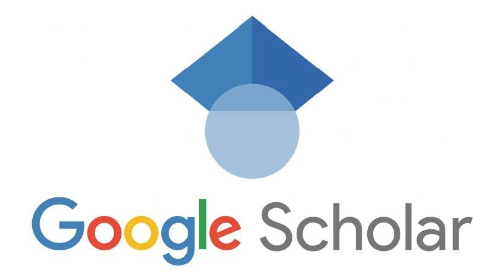The Effect of Digital Game-Based Learning on Improving Students' Social Skills in the Hybrid Education Era
Keywords:
Digital Game-Based Learning, Social Skills, Hybrid Education, Student Collaboration, Game-Based LearningAbstract
This study investigates the impact of digital game-based learning on the improvement of students' social skills within the context of hybrid education. A quasi-experimental design was used, involving 60 students from Universitas Pendidikan Nusantara, divided into an experimental group (n = 30) and a control group (n = 30). The experimental group engaged in a 6-week game-based learning intervention using the digital game "EduQuest," while the control group followed traditional face-to-face instruction. Data were collected using a Social Skills Scale (SSS), collaborative observations, and a satisfaction questionnaire. The results show a significant improvement in social skills in the experimental group, particularly in the areas of teamwork, communication, and conflict resolution (p < 0.01). In contrast, the control group showed no significant change in their social skills. Additionally, students in the experimental group reported high levels of engagement and satisfaction with the game-based learning approach. This study highlights the potential of digital game-based learning as an effective tool to enhance social skills in hybrid educational settings. The findings suggest that integrating digital games into learning can provide a valuable avenue for fostering collaboration and communication skills among students.













